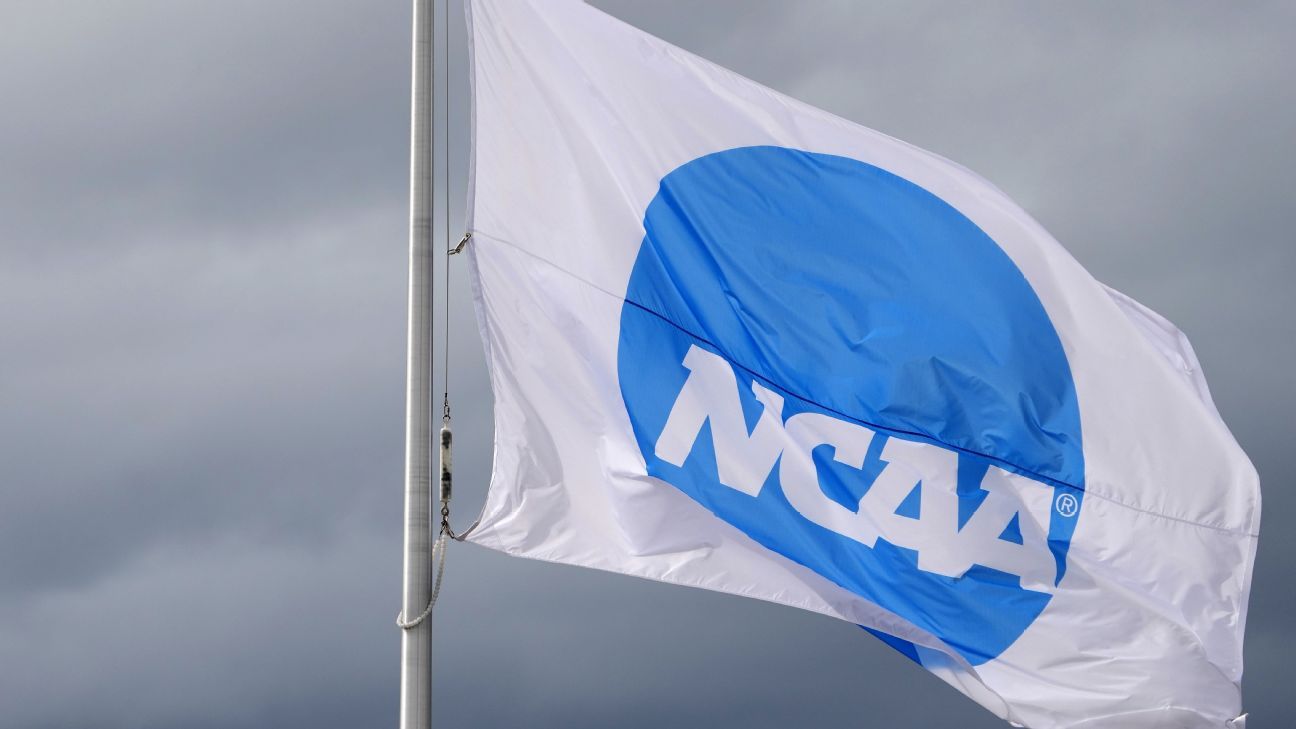PHOENIX — The NCAA took one small, initial step Thursday toward a future in which schools would be able to directly pay their athletes.
The NCAA’s Division I Board of Directors assigned the Division I Council to begin evaluating and fleshing out the details of a proposal introduced last month by NCAA president Charlie Baker.
Under Baker’s plan, which he described as a “table setter” to prompt conversation, schools would be allowed to provide athletes with unlimited educational benefits and pay athletes for the use of the name, image and likeness rights. The plan also calls for the creation of a new subdivision of the wealthiest athletic departments that would be required to pay at least half of their athletes a minimum of $30,000 per year in a trust.
The specifics of the proposal are likely to change during the coming months of feedback from a variety of parties involved in college sports.
University of Georgia president Jere Morehead, who serves as the board’s chair, did not provide a specific timeline for when they would vote on a concrete rule change but did say the group felt a sense of urgency to act.
“I can’t say where it’s going to go or how it’s going to end, but I think it’s an important conversation to have,” Morehead said.”… I think we’re running out of time.”
Baker and Morehead both said during interviews at the NCAA Convention that the association would need help from Congress to put the proposed changes into action. Baker said earlier in the week that he would like Congress to write a federal law that would make sure athletes wouldn’t be considered employees if the school paid for their NIL rights. He and other college sports leaders would also like the government to provide an antitrust exemption to protect them from future lawsuits if they change their rules.
Federal lawmakers have discussed more than a dozen options for federal bills that would in some way reform college sports in the last four years, but none so far has made it through the first step in the legislative process. College sports leaders in Phoenix this week are hopeful that Baker’s proposal will help generate some action on Capitol Hill by showing the NCAA is working to solve some of its own problems.
“I think we need to keep the focus on where it should be, which is on Washington, D.C. Congress has the opportunity right now to do some things right now to help stabilize the collegiate environment,” Morehead said.
Representatives Gus Bilirakis (R-Florida) and Debbie Dingell (D-Michigan), along with Sen. Ben Ray Lujan (D-New Mexico), published a discussion draft of a new bill Thursday. Their plan, however, would make it illegal for schools to participate in NIL deals — a direct contradiction of what Baker has proposed.
The NCAA’s Division I Council — a group composed of athletic department employees, conference commissioners and two current athletes — is now in charge of turning Baker’s broadstrokes concepts into specific rules, according to council chair Lynda Tealer, a deputy athletic director at Florida.
Tealer said they are likely to form a committee to evaluate the best way to move the ideas forward. She also said they may break the proposal into separate parts in order to get some parts of it to a vote as soon as possible.
The council is planning to provide updates throughout the coming year on its progress, starting at the NCAA’s next round of association-wide meetings.
